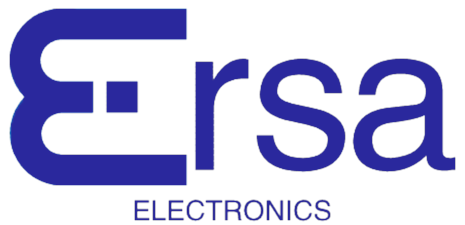USB Interface
The USB interface in automotive electronics plays a crucial role in connecting various devices to the vehicle's infotainment system. It enables users to charge their smartphones, tablets, and other USB-enabled devices while on the go. Beyond charging, the USB interface also supports data transfer, allowing drivers and passengers to access media, navigation, and other applications directly from their personal devices.
In modern vehicles, the USB interface is integrated into the central console, offering convenience and connectivity. It is commonly used for charging mobile devices, playing music from a phone, or using navigation apps. With the rise of electrification and battery systems, the USB interface has become even more essential, ensuring that electric vehicles (EVs) remain user-friendly and technologically advanced.
This interface is part of the broader charging infrastructure within automotive electronics, supporting both standard charging and fast-charging capabilities. It enhances the overall driving experience by providing reliable power and seamless device integration. Whether for daily commutes or long road trips, the USB interface ensures that drivers stay connected and powered.
Designed for durability and performance, the USB interface is built to withstand the demanding environment of a vehicle. It supports multiple device types and offers compatibility with different operating systems. As the automotive industry continues to evolve, the USB interface remains a key component in the development of smart, connected, and efficient vehicles.
Details
USB Interface

Related Parts
| Series Name | Description | Manufacturer Name | Attribute Description |
|---|---|---|---|
| Microchip Technology | 4-port USB 2.0 Hi-Speed hub controller, integrated PHY, 48MHz input clock, supports self-powered and bus-powered modes, EMI reduction, on-chip regulator, 56-pin QFN package. | ||
| Microchip Technology | 32-bit ARM Cortex-M4F core, 120 MHz, 1024 KB Flash, 256 KB RAM, 144-pin TQFP, operates at 1.62V to 3.6V, supports multiple communication interfaces including USB, CAN, I2C, SPI, UART. |








.png?x-oss-process=image/format,webp/resize,h_32)










